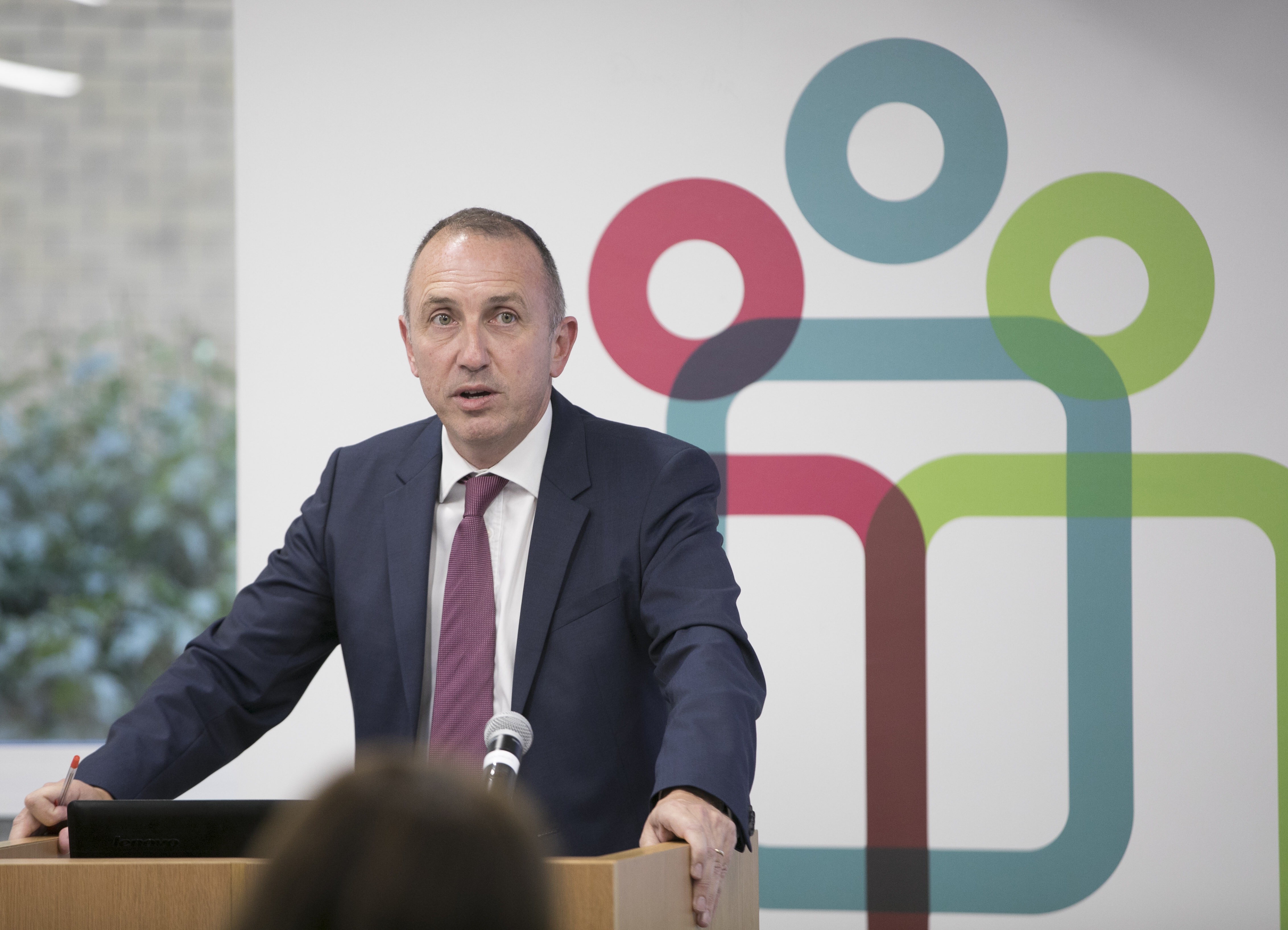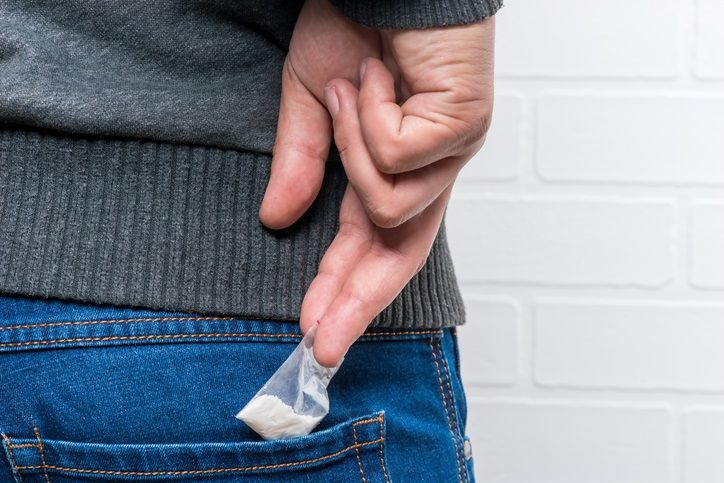
Fitness & Health

Share
3rd November 2018
09:00am GMT

 Tony Duffin, CEO of the Ana Liffey Drug Project
It is also the approach that is consistent with our National Drugs and Alcohol Strategy 2017-2025, of treating drug use as a health issue, in line with international best practice and in line with the goal of helping people who are using drugs to make positive changes in their lives – destigmatising them and making it easier to get help.
One of the main arguments against this approach I have heard in the recent discourse is the need for increased investment in treatment services, further overburdening an already overstretched sector.
There is always a need to match resources to demand, and at times like this, there is always tension brought by competing sectors for funding and for resources. However, while this jostling is understandable, it cannot be allowed to be a basis for the decision on how best to respond to drug use in society. We already have considerable resource capacity in this regard and, while there are deficits, as in all jurisdictions, we should not let funding be the enemy of the good when making informed policy decisions.
Our policy should be decided on its merits; we cannot continue to criminalise Irish citizens needlessly because we are concerned that we will not have resources to meet their health needs. Although inadequate, it would be far better to not criminalise them in the first place and not have the resources to meet their health needs. Criminalising people for possession of drugs for personal use is damaging, stigmatising and wasteful and should be avoided.
Tony Duffin, CEO of the Ana Liffey Drug Project
It is also the approach that is consistent with our National Drugs and Alcohol Strategy 2017-2025, of treating drug use as a health issue, in line with international best practice and in line with the goal of helping people who are using drugs to make positive changes in their lives – destigmatising them and making it easier to get help.
One of the main arguments against this approach I have heard in the recent discourse is the need for increased investment in treatment services, further overburdening an already overstretched sector.
There is always a need to match resources to demand, and at times like this, there is always tension brought by competing sectors for funding and for resources. However, while this jostling is understandable, it cannot be allowed to be a basis for the decision on how best to respond to drug use in society. We already have considerable resource capacity in this regard and, while there are deficits, as in all jurisdictions, we should not let funding be the enemy of the good when making informed policy decisions.
Our policy should be decided on its merits; we cannot continue to criminalise Irish citizens needlessly because we are concerned that we will not have resources to meet their health needs. Although inadequate, it would be far better to not criminalise them in the first place and not have the resources to meet their health needs. Criminalising people for possession of drugs for personal use is damaging, stigmatising and wasteful and should be avoided.
 It may be that the working group will come back with what they see as a middle ground – something like expanding adult cautioning for possession offences and expanding drug courts. This would not be addressing the fundamental issue.
And what is the fundamental issue?
Essentially drug use is a health issue, not a criminal justice issue. That is what our National Drugs and Alcohol strategy says, what An Taoiseach says, what all of the evidence from around the world says. Adult cautioning and drug courts are criminal justice responses, not health interventions. Keeping the State’s responses to possession for personal use within the justice arena is simply wrong. It would be like the working group accepting that Ireland shouldn’t have criminalised personal drug use back in 1977, but instead of recommending that we right that wrong now, they recommend that we try to reverse engineer a health response via the justice system.
Alternatively, it may be that the working group will simply stick with the status quo and retain criminalisation of drugs for personal use in spite of all the contrary evidence, but this is unlikely and would be difficult to justify.
My hope is that the working group will follow the evidence and recommend a fully decriminalised model. Any compromise on this will have unfortunate outcomes, both for people who use drugs and for society as a whole.
Ireland has a great opportunity now and the eyes of the drug policy world are upon us. We need to do right, and doing right means no longer treating people who use drugs as criminals.
Tony Duffin is CEO of Ana Liffey Drug Project. To find out more about the work of Ana Liffey visit www.aldp.ie.
It may be that the working group will come back with what they see as a middle ground – something like expanding adult cautioning for possession offences and expanding drug courts. This would not be addressing the fundamental issue.
And what is the fundamental issue?
Essentially drug use is a health issue, not a criminal justice issue. That is what our National Drugs and Alcohol strategy says, what An Taoiseach says, what all of the evidence from around the world says. Adult cautioning and drug courts are criminal justice responses, not health interventions. Keeping the State’s responses to possession for personal use within the justice arena is simply wrong. It would be like the working group accepting that Ireland shouldn’t have criminalised personal drug use back in 1977, but instead of recommending that we right that wrong now, they recommend that we try to reverse engineer a health response via the justice system.
Alternatively, it may be that the working group will simply stick with the status quo and retain criminalisation of drugs for personal use in spite of all the contrary evidence, but this is unlikely and would be difficult to justify.
My hope is that the working group will follow the evidence and recommend a fully decriminalised model. Any compromise on this will have unfortunate outcomes, both for people who use drugs and for society as a whole.
Ireland has a great opportunity now and the eyes of the drug policy world are upon us. We need to do right, and doing right means no longer treating people who use drugs as criminals.
Tony Duffin is CEO of Ana Liffey Drug Project. To find out more about the work of Ana Liffey visit www.aldp.ie.
Fitness & Health
fitness health

This 'healthy spice bag' has fewer than 400 calories
fitness health
All the symptoms of ‘mysterious throat virus’ on the spread
Fitness & Health